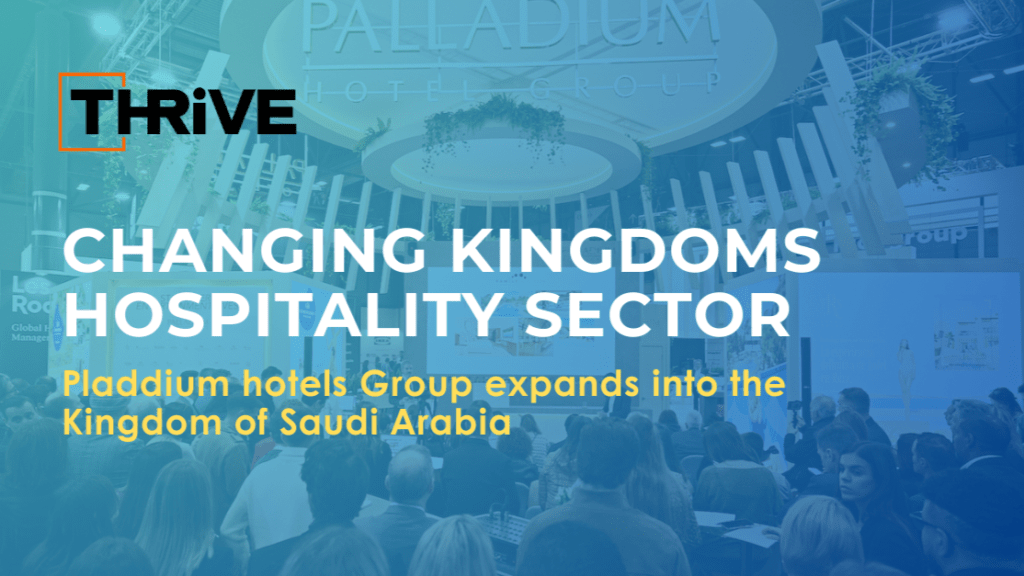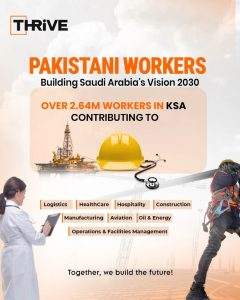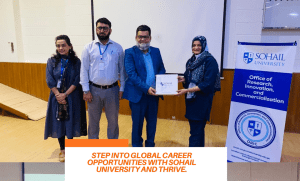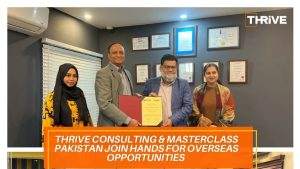Saudi Arabia’s hospitality sector is undergoing rapid transformation, with global hotel brands increasingly investing in the Kingdom as part of its Vision 2030 tourism expansion. In a major development, Palladium Hotel Group, a renowned Spanish hospitality brand, has announced its entry into Saudi Arabia in partnership with Hard Rock International. This move marks a significant step in the Kingdom’s growing luxury and lifestyle hotel segment, reinforcing its position as a key player in the global hospitality industry.
Palladium Hotel Group, known for its high-end resorts and lifestyle-driven hotels, is set to introduce Hard Rock Hotels into the Saudi market, catering to both leisure and business travelers. As part of this expansion, the group will bring its signature blend of music, entertainment, and world-class hospitality to the Kingdom, aligning with Saudi Arabia’s goal of attracting 100 million tourists annually by 2030. With Saudi Arabia investing heavily in entertainment, sports, and cultural events, the arrival of Hard Rock Hotels is expected to elevate the tourism experience and contribute to the country’s booming hotel market.
This expansion is also a significant boost to the construction and real estate sectors, as new luxury hospitality projects require cutting-edge architecture, modern amenities, and advanced infrastructure. The development of Hard Rock Hotels will not only enhance Saudi Arabia’s hospitality offerings but also generate substantial job opportunities in construction, hotel management, and tourism services. As the Kingdom continues to attract major international hotel chains, the demand for skilled expatriate workers in hospitality operations, culinary arts, customer service, and facility management is expected to rise significantly.
With the hospitality market projected to grow from $15.40 billion in 2024 to $27.26 billion by 2033, the increasing presence of international hotel brands will open doors to a range of employment opportunities, particularly for expatriate workers.
The growth of Saudi Arabia’s tourism sector is fueling demand for experienced professionals across hotel management, food and beverage, concierge services, housekeeping, and spa and wellness industries. These roles are critical in ensuring that the new wave of luxury and lifestyle hotels meets the high standards expected by global travelers. Additionally, with the integration of AI-driven guest services, sustainable construction practices, and digital hospitality solutions, there is an increasing need for expatriates with expertise in hospitality technology, smart hotel operations, and energy-efficient infrastructure development.
As Saudi Arabia moves toward becoming a top global tourist destination, investments from leading hotel groups like Palladium play a crucial role in shaping the future of its hospitality sector. However, to ensure the success of these ambitious developments, the Kingdom requires a highly skilled workforce capable of delivering world-class hospitality services. This is where THRIVE steps in, bridging the gap by supplying trained and experienced expatriate professionals for the hospitality sector. From hotel management and front desk operations to culinary experts and housekeeping staff, THRIVE ensures that Saudi Arabia’s expanding hospitality industry has access to reliable, well-trained manpower ready to meet international standards.
With Saudi Arabia’s Vision 2030 aiming to welcome 100 million tourists annually, ensuring a skilled and professional workforce is not just a necessity but a key driver of the industry’s success. The construction of new hotels and resorts, coupled with the introduction of globally recognized brands, is creating unprecedented career opportunities for expatriate workers. THRIVE remains committed to supporting this transformation by providing a skilled workforce that enhances service excellence and operational efficiency. As the Kingdom redefines tourism, a well-trained and professional workforce will be the backbone of this success, ensuring exceptional guest experiences and long-term industry sustainability.



















